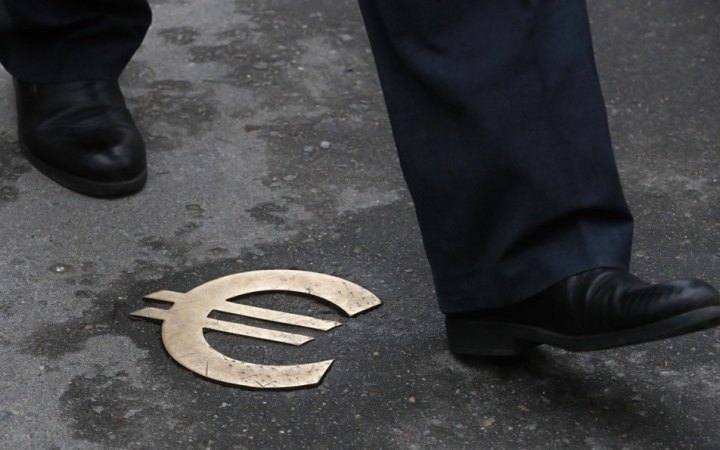Today, the European Union will propose the first steps toward applying a windfall tax to the profits generated by frozen Russian central bank assets, Bloomberg reports.
The move is aimed at directing the proceeds for Ukraine’s reconstruction.
The draft proposal, seen by Bloomberg, sets out a “Step 0” identifying which frozen funds the measure would apply to and a “Step 1” outlining the actions the central securities depositories holding those funds would need to take.
"After deduction of expenses and national taxes, the ensuing profits would be clearly identified and accounted for in line with statutory capital and risk management requirements. This will make possible their transfer and assignment to the EU budget for the benefit of Ukraine at a later stage," the document says.
The proposals include recommendations to shield the entities holding the assets from legal risks and retaliation, as well as exemptions for central securities depositories holding small amounts. The EU, Group of Seven nations and Australia have frozen about €260 billion in Russian Central Bank assets in the form of securities and cash, with more than two thirds of that immobilized in the EU. The majority of the EU-based assets are held in Belgium by the clearing house Euroclear, where they have earned about €3 billion so far this year.
"Despite backing from the G-7 for the windfall measure, the EU is taking a gradual approach, given concerns raised by the European Central Bank, the International Monetary Fund and several member states," Bloomberg notes.
The plan’s “Step 2,” which envisions transferring the net revenue generated by the frozen funds to the EU’s 2024-2027 budget, would require those concerns to be overcome before the commission presents a further proposal.
Based on current interest rate assumptions, the EU estimates that the taxable proceeds could reach €15 billion over the next four years, according to the document.
The proposal makes clear that the returns generated by the frozen assets are not due to Russia, nor are they Russia’s property, because they are distinct from the principal immobilized assets themselves. At the same time, there can be no “legitimate expectation” that the revenues remain with central securities depositories and their shareholders as the profits are a result of sanctions and extraordinary circumstances.
“The faster we act, the more significant the amounts we can mobilize to help Ukraine,” the proposal concludes.
How the EU is looking for opportunities to support Ukraine with seized Russian assets
- Currently, the EU has seized about €28 billion worth of private Russian assets and another €207 billion from the Russian central bank. At the moment, it is not a question of allocating revenues from immobilised Russian assets to Ukraine, but only of introducing standard rules for the treatment of such assets in all EU countries. To pass such a bill, 27 EU member states will need unanimous support.
- In January of this year, it was reported that the legal service of the Council of the European Union found legal grounds to use the seized assets of the Central Bank of Russia to rebuild Ukraine. The EU has the legal authority to temporarily use these assets worth at least €33.8 billion. However, this will be legally possible if the funds are not forcibly seized and the bloc meets certain conditions. In particular, the principal and interest will have to be returned to Russia at some point.
- Recently, it has been reported that the European Commission plans to publish a draft law on the introduction of a windfall tax on profits earned from frozen Russian assets.
- However, the EC's intentions were met with opposition, particularly from Belgium. The Russian state assets frozen in the EU at the beginning of Russia's full-scale invasion are mostly owned by this country. The Belgian government is unwilling to agree to use funds for Ukraine's reconstruction without a similar step from the G7 members.
- Meanwhile, a bill to seize Russia's assets for Ukraine's reconstruction has recently been introduced in the US Congress. It would allow for faster confiscation of assets of Russian oligarchs under sanctions.








